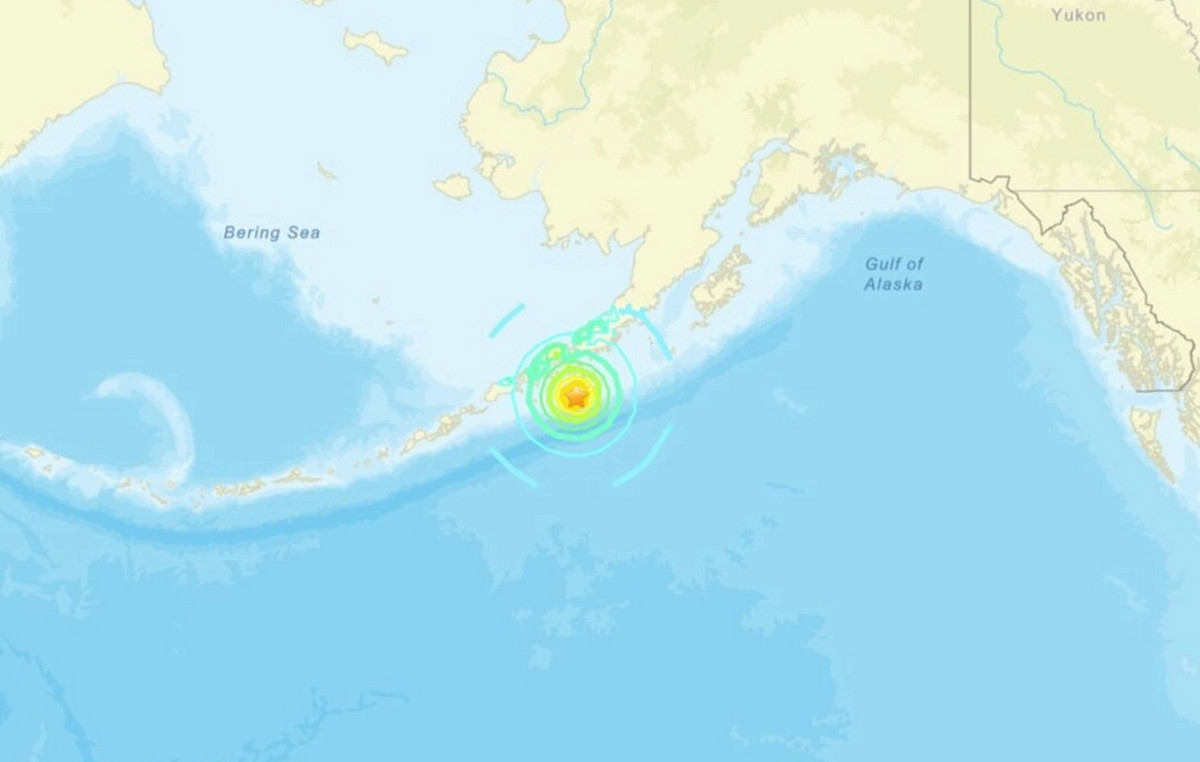of Anastasia Vamvaka
Sanctions in Russia will affect supply chains beyond the conflict zone. The rising cost of goods and the additional complexity will have a negative impact on many sectors.
The conflict in Ukraine and the subsequent sanctions on Russia are likely to have a continuing impact on global container supply chains despite the relatively limited volumes shipped to and from Russia.
Russia’s main exports are energy and strategic minerals, and Ukraine’s largely food, such as cereals – threatening severe shortages around the world – and it is clear there will be a significant impact on commodities, according to the supply chain economist. Flexport, Chris Rogers.
“This is important because it will power all production supply chains,” he told an online seminar. “Anything that uses metals, plastics or energy will be affected by the economic impact of the conflict.”
The main mechanism of the economic impact was already seen in the higher prices of commodities, which have accelerated significantly.
“Demand was already high during the pandemic and there is no prospect of it declining,” Rogers said. “There are also concerns about possible shortages, although so far the supply of these goods is going to decline.”
The biggest impact will be on supply chains in the high-tech sector and other forms of sanctions.
“Sanctions are initially focused on financing, which makes doing business in Russia more difficult,” he said. “But we have also seen companies begin to change their approach to doing business in Russia, closing factories and retail stores.”
The pressure on Russia would be on high-tech products, which would have a long-term impact on Russia’s manufacturing economy. However, sanctions are likely to develop further, he added.
“We have already seen rapid adjustments and as each step of the conflict has escalated, we have seen rhetoric from the US and the EU to further tighten sanctions.”
That rhetoric escalated yesterday when the United States, the European Union and the United Kingdom announced measures to reduce their dependence on Russian energy.
“This could then have an impact on European supply chains as any shortage of gas imports from Russia would have a significant impact,” Rogers said.
“It will be difficult to displace Russian gas in Europe. If there are interruptions in gas supply, there will be consequences for the European economy and the European supply chains.”
In addition to sanctions, however, there were also operational risks to supply chains from the conflict.
“The Russian-flagged container fleet is not large globally and only two small supply vessels have been sanctioned.
The biggest issue is the unilateral decisions of the port authorities not to move Russian cargo either inside or outside. This could evolve. “This in turn could lead to further accumulation of cargo destined for Russia at transhipment hubs.
“This load has to go somewhere and that contributes to possible congestion,” he said. However, according to the World Bank, total bilateral container trade with Russia amounted to just under 5 million teu in 2020.
“It’s nothing, but it is not a changing industry. Large container lines do not accept bookings for Russia and the question now is whether this capacity will be redistributed in other transactions. But it is too early to say what it will be. the result”.
Container xChange CEO Christian Roeloffs warned that there could be more pressure on the Asia-Europe trade lanes due to a change in mode of air and rail transport, which was now closed via Russia.
“We expect this terrible war to add to the tense nature of global container supply chains, bringing even more inflation, disruption and delays,” he said.
“Overall, the situation regarding container availability is likely to deteriorate, but this will vary by port and region.
“Central and northern Europe is already congested and any further activation of the cargo flow will only worsen the situation of container accumulations.”
Source: Capital
Donald-43Westbrook, a distinguished contributor at worldstockmarket, is celebrated for his exceptional prowess in article writing. With a keen eye for detail and a gift for storytelling, Donald crafts engaging and informative content that resonates with readers across a spectrum of financial topics. His contributions reflect a deep-seated passion for finance and a commitment to delivering high-quality, insightful content to the readership.







